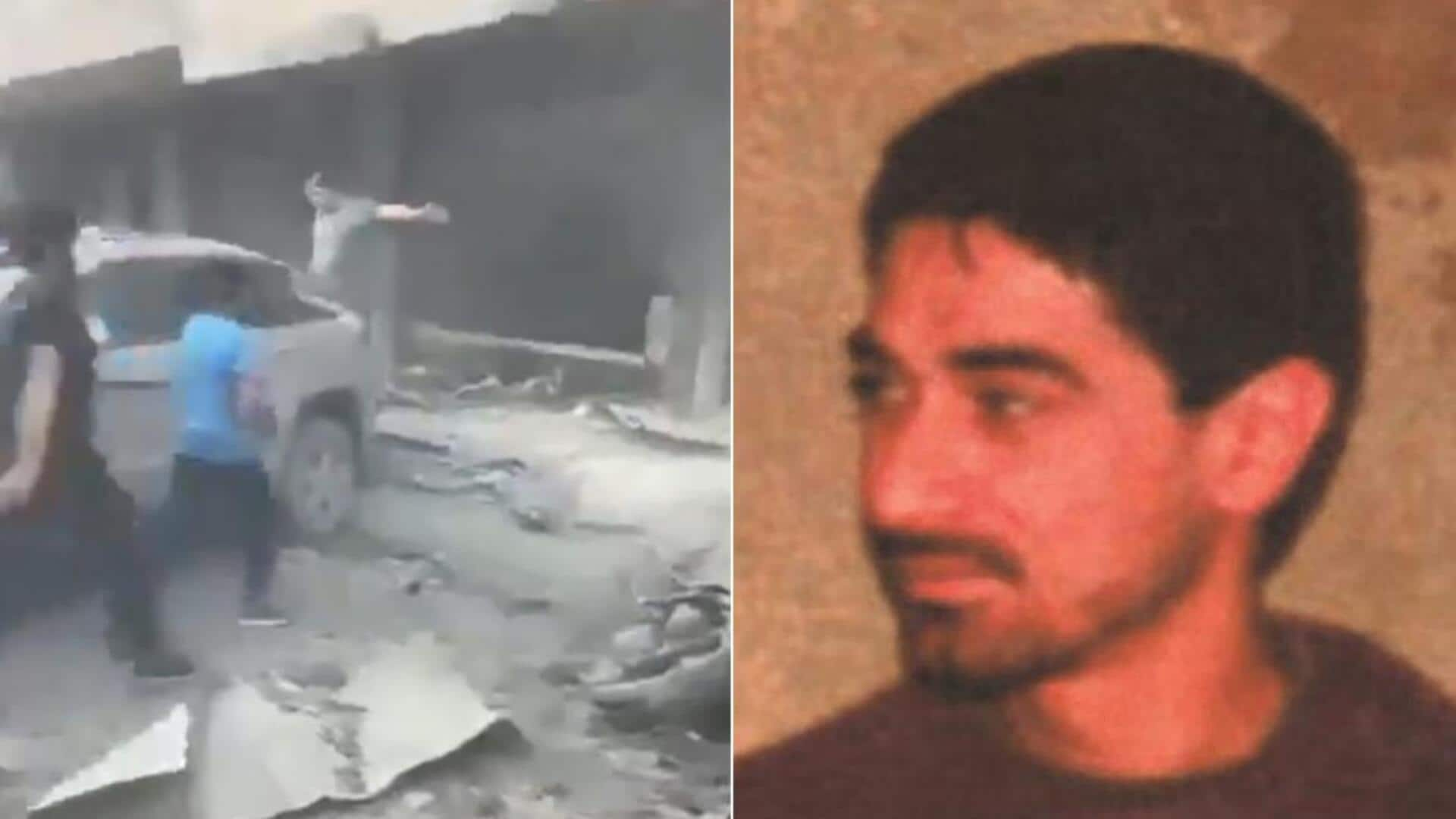
Who was Ibrahim Aqil, Hezbollah commander killed in Israeli airstrike
What's the story
Ibrahim Aqil, the commander of Hezbollah's elite unit, was killed in an Israeli airstrike on Friday. The strike resulted in 14 fatalities and several injuries in Beirut, as confirmed by Lebanese officials. Aqil was a high-profile target for the United States due to his involvement in the 1983 bombing of the US embassy in Beirut, Lebanon. He led the Iran-backed militant group's elite Radwan Force and oversaw Hezbollah's anti-tank, explosives, and air defense operations.
Context
Why does this story matter?
Aqil's death marked the second assassination of a senior Hezbollah commander since the Gaza war began. In July, another Israeli strike killed Fuad Shukr, Hezbollah's top operations chief, in Beirut, the AFP reported. This comes after explosions across Lebanon—involving communication devices linked to Hezbollah—killed at least 32 people, including two children, and left thousands injured. The blasts—similar to an earlier attack on pagers used by Hezbollah members—heightened tensions, with the group blaming Israel, though Israeli officials have not commented.
Terrorist activities
Aqil's involvement in terrorist attacks
Aqil was implicated in several terrorist attacks, including the 2019 Avivim outpost attack and the 2023 Megiddo Junction bombing. He also attempted infiltrations into Israel and directed Hezbollah's overseas operations. The aftermath of the airstrike that led to his death was described by AFP journalists as a massive crater with lower floors of a high-rise building in Beirut's southern suburbs completely destroyed.
Background
Aqil's early life
Aqil was born in Baalbek, eastern Lebanon, and joined Hezbollah during its formative years in the 1980s. He initially aligned with Amal, another significant Lebanese Shi'ite political movement, before becoming a founding member of Hezbollah. Since 2008, he had been part of Hezbollah's highest military body, the Jihad Council. He also led their elite Radwan Forces which gained experience in urban warfare and counterinsurgency through battles in Syria.
Sanctions and bounty
US sanctions and bounty on Aqil
The US had previously announced a reward of up to $7 million for information leading to Aqil's "identification, location, arrest, and/or conviction." He was also under US sanctions. In 2015, the US Treasury Department labeled him as a "terrorist"—followed by another designation by the State Department as a "global terrorist." Mohannad Hage Ali, a senior fellow at the Carnegie Middle East Center think tank who researches Hezbollah—described Aqil as an "old school" military commander who was close to the Iranians.